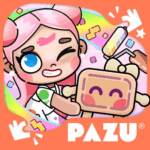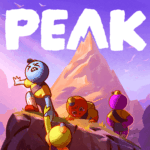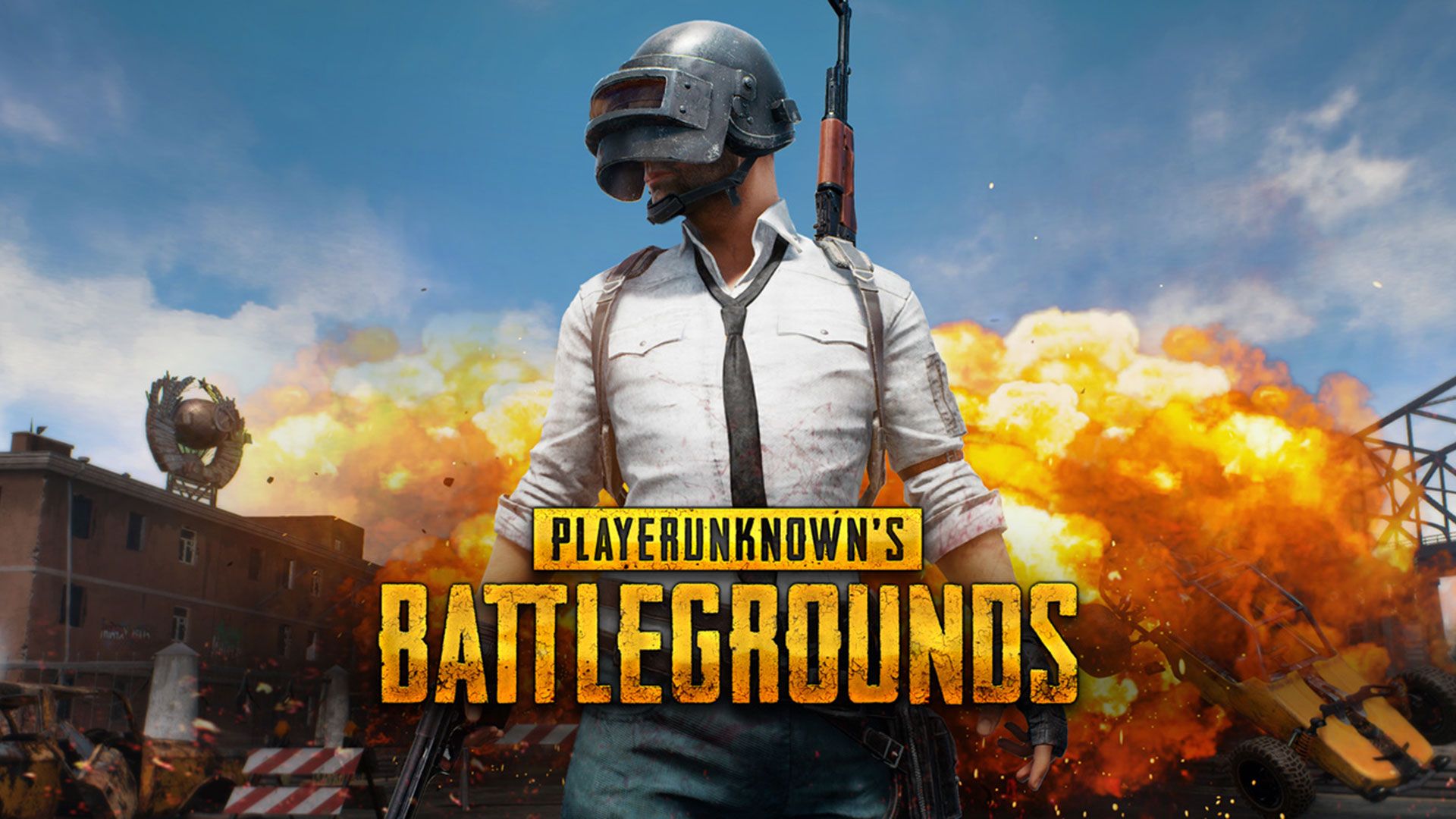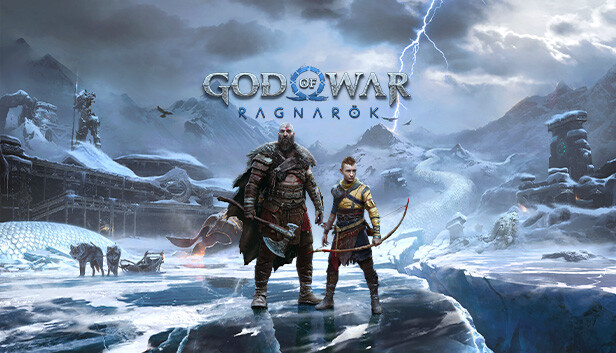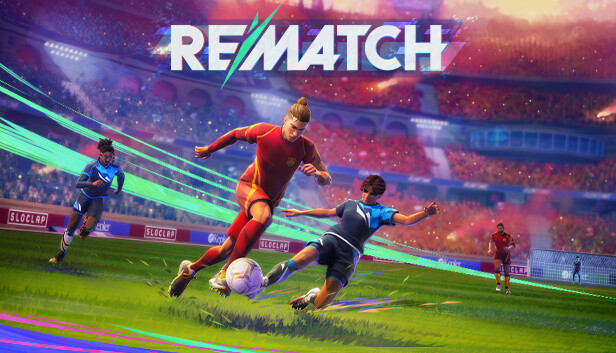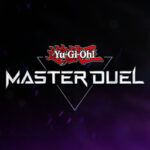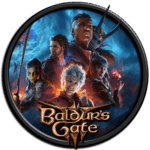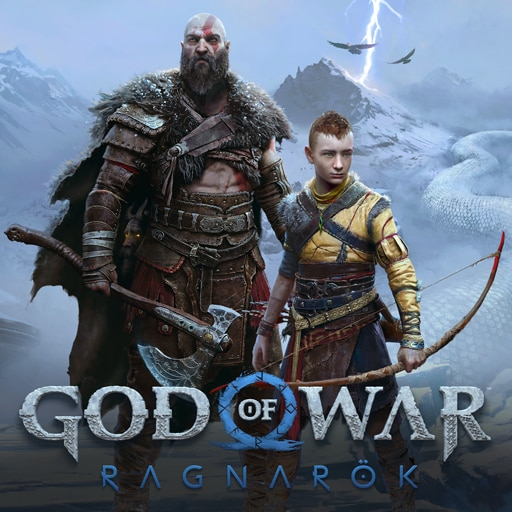
God of War Ragnarök
All trademarks belong to their respective owners.
Advertisement
Popular Now
God of War: Ragnarok (2022, Santa Monica Studio) concludes Kratos and Atreus’s Norse saga with a gripping tale of family, fate, and redemption. Set during Fimbulwinter, the game follows the father-son duo navigating prophecies of Ragnarok, the apocalyptic war. While praised for its emotional depth and cinematic storytelling, the game’s narrative centers on a profound message: family bonds and personal choice can defy even the most rigid destinies. This article analyzes the story’s core meaning, exploring how it conveys the power of familial love and agency against fate’s constraints across key narrative moments.
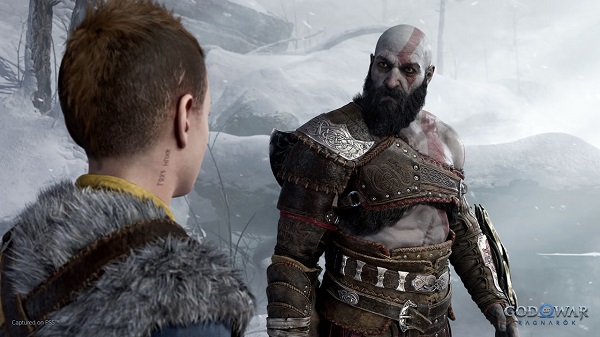 The game opens with Fimbulwinter, a harsh prelude to Ragnarok, where Kratos and Atreus face a prophecy foretelling Kratos’s death and Atreus’s role as Loki. This sets the stage for a story about family resilience.
The game opens with Fimbulwinter, a harsh prelude to Ragnarok, where Kratos and Atreus face a prophecy foretelling Kratos’s death and Atreus’s role as Loki. This sets the stage for a story about family resilience.
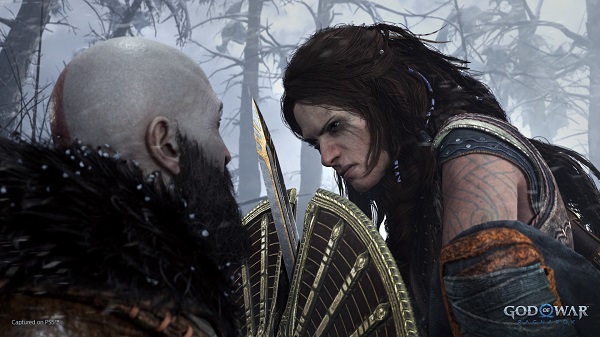 Freya’s arc, from vengeance to ally, underscores how chosen family can heal past wounds, complementing the game’s themes.
Freya’s arc, from vengeance to ally, underscores how chosen family can heal past wounds, complementing the game’s themes.
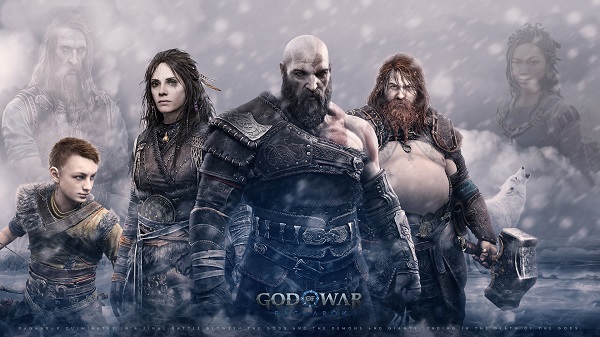 The Ragnarok battle resolves the prophecy’s tension, prioritizing family-driven choices over predestined outcomes.
The Ragnarok battle resolves the prophecy’s tension, prioritizing family-driven choices over predestined outcomes.
Fimbulwinter: A Family Tested by Fate
 The game opens with Fimbulwinter, a harsh prelude to Ragnarok, where Kratos and Atreus face a prophecy foretelling Kratos’s death and Atreus’s role as Loki. This sets the stage for a story about family resilience.
The game opens with Fimbulwinter, a harsh prelude to Ragnarok, where Kratos and Atreus face a prophecy foretelling Kratos’s death and Atreus’s role as Loki. This sets the stage for a story about family resilience.
A Father’s Fear
Kratos’s protective instincts clash with Atreus’s desire to embrace his destiny. The prophecy, revealed through a Midgard shrine, symbolizes external forces threatening their bond. Kratos’s fear of losing Atreus drives his arc, emphasizing a universal parental struggle to let go while safeguarding loved ones.Early Tensions
Atreus’s curiosity about his Loki identity creates friction, as he seeks purpose beyond Kratos’s control. This conflict, highlighted in IGN’s review, underscores the story’s theme: family unity requires mutual trust. The game uses these early moments to frame family as a bulwark against fate’s inevitability.The Search for Tyr: Seeking Purpose
Kratos and Atreus’s quest to find Tyr, believed to lead an army against Asgard, reflects their search for meaning within prophecy’s shadow.A Shared Goal
The journey to Svartalfheim shows Kratos and Atreus working together, their cooperation symbolizing familial strength. As The Verge notes, their banter and teamwork highlight the game’s message that family provides purpose, even when destiny feels overwhelming.A False Hope
Tyr’s pacifism subverts the prophecy, revealing its fallibility. This twist reinforces the story’s core: purpose comes from within, not from foretold roles. The disappointment pushes Atreus to question fate, setting up his growth toward agency.Atreus as Loki: Embracing Identity
Atreus’s solo missions, particularly in Asgard, explore his identity as Loki, emphasizing the importance of self-discovery within family.Finding Himself
In Alfheim and Asgard, Atreus uncovers his Giant heritage, learning to balance his role in Ragnarok with his loyalty to Kratos. These moments, as NPR praises, show family as a foundation for identity, allowing Atreus to grow without losing his roots.The Risk of Destiny
The prophecy’s “chosen one” trope, criticized in TheGamer, risks overshadowing Atreus’s agency. Yet, his choice to forge his own path, especially with Angrboda, reinforces the narrative’s message: family empowers individuals to redefine their destinies.Freya’s Redemption: Healing Through Family
 Freya’s arc, from vengeance to ally, underscores how chosen family can heal past wounds, complementing the game’s themes.
Freya’s arc, from vengeance to ally, underscores how chosen family can heal past wounds, complementing the game’s themes.
A Broken Bond
Freya’s initial pursuit of Kratos for Baldur’s death reflects a fractured family. Her Vanaheim side quests, as The Washington Post notes, reveal her grief, showing how loss shapes familial ties. Her journey parallels Kratos’s, emphasizing shared healing.Rebuilding Connections
Freya’s alliance with Kratos and Atreus symbolizes chosen family as a path to redemption. This arc conveys that family, biological or not, offers second chances, reinforcing the story’s focus on love over fate.The Norns: Challenging Fate’s Grip
The Norns’ encounter in Alfheim redefines prophecy as psychological prediction, not absolute truth, highlighting choice within family dynamics.A New Perspective
The Norns reveal that prophecies stem from character traits, not destiny, as discussed in r/truegaming. This shift empowers Kratos and Atreus to choose their paths, with family as their anchor. It’s a pivotal moment where the story prioritizes agency.Family as Freedom
By framing fate as malleable, the Norns underscore the game’s message: family bonds give the strength to defy expectations. Kratos’s decision to trust Atreus reflects this, showing love as a liberating force against predetermination.Odin’s Manipulation: Family vs. Control
Odin’s use of prophecy to control others contrasts with Kratos and Atreus’s familial trust, highlighting the story’s moral core.A False Family
Odin’s manipulation, posing as Tyr, exploits prophecy to fracture bonds, as r/Fantasy notes. His dysfunctional relationship with Thor and Thrud contrasts with Kratos’s protective love, framing family as a source of strength or weakness.Defying Control
Kratos and Atreus’s resistance to Odin’s schemes shows family as a shield against external control. Their unity, as Forbes highlights, embodies the narrative’s message that love-driven choices trump manipulative destinies.The Role of Side Quests: Deepening Bonds
Side quests, like Freya’s wedding site or Atreus’s animal rescues, reinforce family as a source of meaning beyond prophecy.Emotional Depth
These quests, praised by GameSpot, focus on character moments, such as Kratos and Freya’s reconciliation. They ground the story in personal connections, showing family as a lens for purpose禁止Reinforcing the Message
By emphasizing relationships over plot-driven tasks, side quests echo the game’s theme: family defines purpose. Moments like Kratos’s quiet support for Atreus’s growth convey that love shapes identity more than fate.The Climax: Family Over Fate
 The Ragnarok battle resolves the prophecy’s tension, prioritizing family-driven choices over predestined outcomes.
The Ragnarok battle resolves the prophecy’s tension, prioritizing family-driven choices over predestined outcomes.
A Unified Stand
Kratos’s survival and Odin’s death in Atreus’s arms subvert the prophecy, as The Verge notes. This resolution emphasizes that family bonds—Kratos and Atreus’s trust—override fate, delivering a powerful message of agency through love.A New Beginning
Atreus’s departure to find his own path, supported by Kratos, underscores the story’s core: family empowers individual growth. The ending, enriched by the Valhalla DLC, shows love as a force for defying destiny.Reception: A Resonant Message
The game’s narrative resonates with players and critics, though some critique its prophetic elements.Critical Praise
With a 94/100 Metacritic score, critics like IGN laud the story’s emotional depth, particularly its father-son dynamic. The focus on family as a source of strength strikes a chord, making the narrative universally relatable.Player Feedback
Players on r/PS5 praise the story’s heart but note prophecy’s heavy-handedness, as per The Wandering Inn. Despite this, the family-centric message shines, connecting with audiences through its authenticity.Lessons for Storytelling
To enhance future narratives, Santa Monica Studio could:- Reduce Prophetic Tropes: Focus on character-driven stories over destiny.
- Streamline Plot: Avoid prophecy-driven filler for tighter pacing.
- Deepen Bonds: Expand family dynamics for richer emotional impact.



